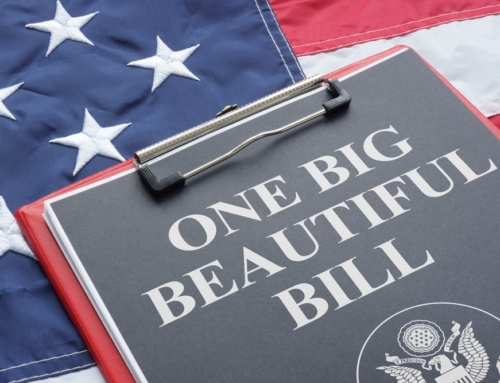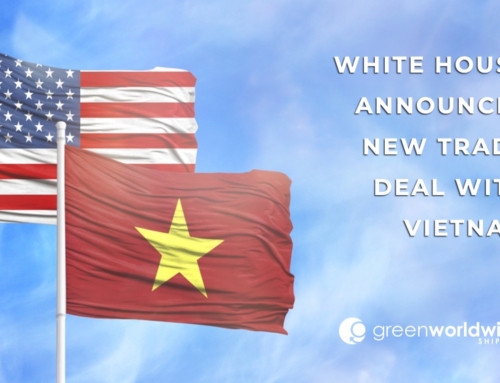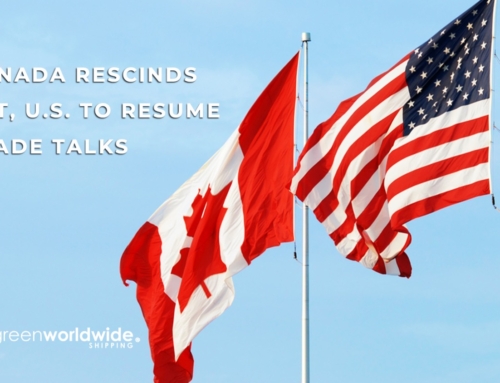In an executive order issued on July 14, the United States President announced an end to Hong Kong’s special trade status and began the process of eliminating policy exemptions under United States law that give Hong Kong differential treatment in relation to China.
In late May 2020, the National People’s Congress of China announced its intention to unilaterally and arbitrarily impose national security legislation on Hong Kong.
As a result, on May 27, 2020 the United States Secretary of State announced that the PRC had fundamentally undermined Hong Kong’s autonomy and certified and reported to the Congress, that Hong Kong no longer warrants treatment under United States law in the same manner as United States laws were applied to Hong Kong before July 1, 1997.
Over the years, China has taken action to increasingly deny autonomy and freedoms promised to the people of Hong Kong under the 1984 Joint Declaration of the Government of the United Kingdom of Great Britain and Northern Ireland and the Government of the People’s Republic of China on the Question of Hong Kong (Joint Declaration).
Now, products imported from Hong Kong must be marked “Made in China,” and, if the goods are classified under a Section 301 targeted tariff, shippers will face additional duties and be subject to antidumping and countervailing penalties. U.S. businesses were warned of the potential trade action at the end of May, allowing roughly six weeks for changes to supply chains.
Importers and exporters should be aware of the following impacts to supply chain operations:
- when enacted, the revocation of special treatment means an extension of Section 301 tariffs to goods made in Hong Kong as well;
- additionally, antidumping and countervailing penalties would also be extended to goods from Hong Kong;
- increased export controls for dual-use technologies;
- country of origin labeling and other documentation may be required from China if the U.S. decides to refuse documentation from Hong Kong authorities;
- finance, banking and taxation operations may be impacted for business operations;
- status of Hong Kong-flagged transport systems, such as ocean vessel and aircraft; and
- travel, visas and research limitations.
As Green continues to monitor the situation, stay up-to-date on freight news by following us on Facebook, Twitter, and LinkedIn. For continuous updates, make sure to check out our website at greenworldwide.com.






